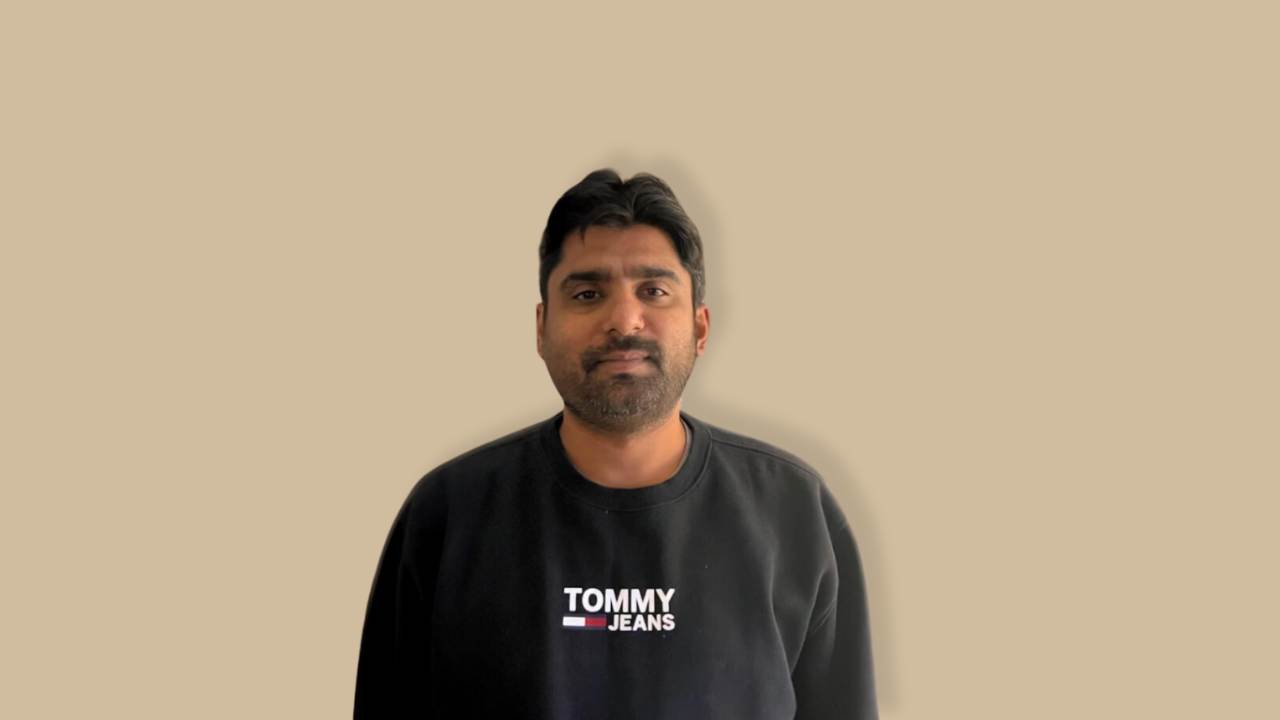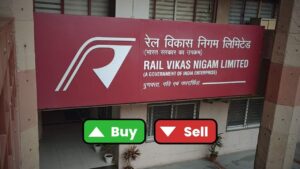Healthcare data management is an important component of effective service delivery and regulatory compliance. It revolves around collecting, analyzing, and safeguarding patient information to improve decision-making, enhance patient care, and ensure adherence to regulations. By optimizing data processes, healthcare organizations can reduce errors, improve reporting accuracy, and maintain consistency with industry standards and laws. The name of Gokul Ramadoss is worth the mention here.
Two significant projects, the NASCO Medicaid Enrollment Project and the Blue Biz COBRA Project, have demonstrated his innovative approaches in managing and transforming Medicaid data, leading to enhanced precision, completeness, and consistency.
The successful migration from the Medicaid Statistical Information System (MSIS) to the Transformed Medicaid Statistical Information System (TMSIS), not only minimized downtime but also ensured the uninterrupted continuation of critical reporting processes. By implementing this advanced system, Gokul’s technical acumen has dramatically reduced error rates in Medicaid data submissions by 73%, enhancing the overall quality of reports utilized for vital healthcare decisions.
“A critical factor in the success of these initiatives was collaboration”, he comments. Improved communication among departments facilitated faster issue resolution and established consistent data quality, particularly for the state of Montana. By fostering a cooperative environment, cross-departmental collaboration was enhanced, which ultimately led to a 25% reduction in project delays. His proactive approach enabled the resolution of critical migration issues ahead of schedule, contributing to a smoother transition.
The implementation of TMSIS proved to be beneficial in terms of regulatory adherence. The project management office achieved 100% alignment in audits, which is important for securing continuous Medicaid funding for participating states. The reduction in data discrepancies by 15%, after the migration, ensured adherence to TMSIS data standards and strengthening the integrity of the healthcare data system. Gokul’s work earned him praise in the organization.
Focusing on collective work, he remarks that the team efficiently saved an impressive 720 man-hours in processing time, showcasing the efficiency of their operations. Reportedly, these enhancements to the existing reporting system yielded a cost savings of $6,000, demonstrating the financial benefits that can accompany improved data management practices.
The challenges in this field included complexities of regulatory requirements and interoperability issues often hinder progress. However, innovative solutions, such as the implementation of a secure T-MSIS reporting system for care teams, have optimized case management processes across multiple locations. This improvement not only expedited operations but also bolstered collaboration among care teams.
His papers on “M-SIS to T-MSIS Migration: Challenges and Solutions,” “EHR & EMR: A Wholesome View on its Impact in EDI Transactions,” and “Cloud Migration Strategies for EDI Transactions in Healthcare Payor Ecosystem” underscore a commitment to sharing insights and strategies within the industry. He has written in depth about his insights and potential solutions.
In conclusion, Gokul Ramadoss’s initiatives undertaken in the NASCO Medicaid Enrollment Project and the Blue Biz COBRA Project exemplify a forward-thinking approach to healthcare data management. Through meticulous planning, collaborative efforts, and the integration of advanced reporting systems, significant improvements in data accuracy and operational efficiency have been achieved. As healthcare continues to evolve, these novel practices serve as a model for other organizations striving to enhance their data management capabilities.












